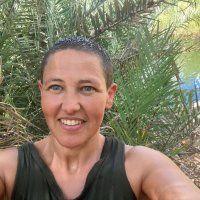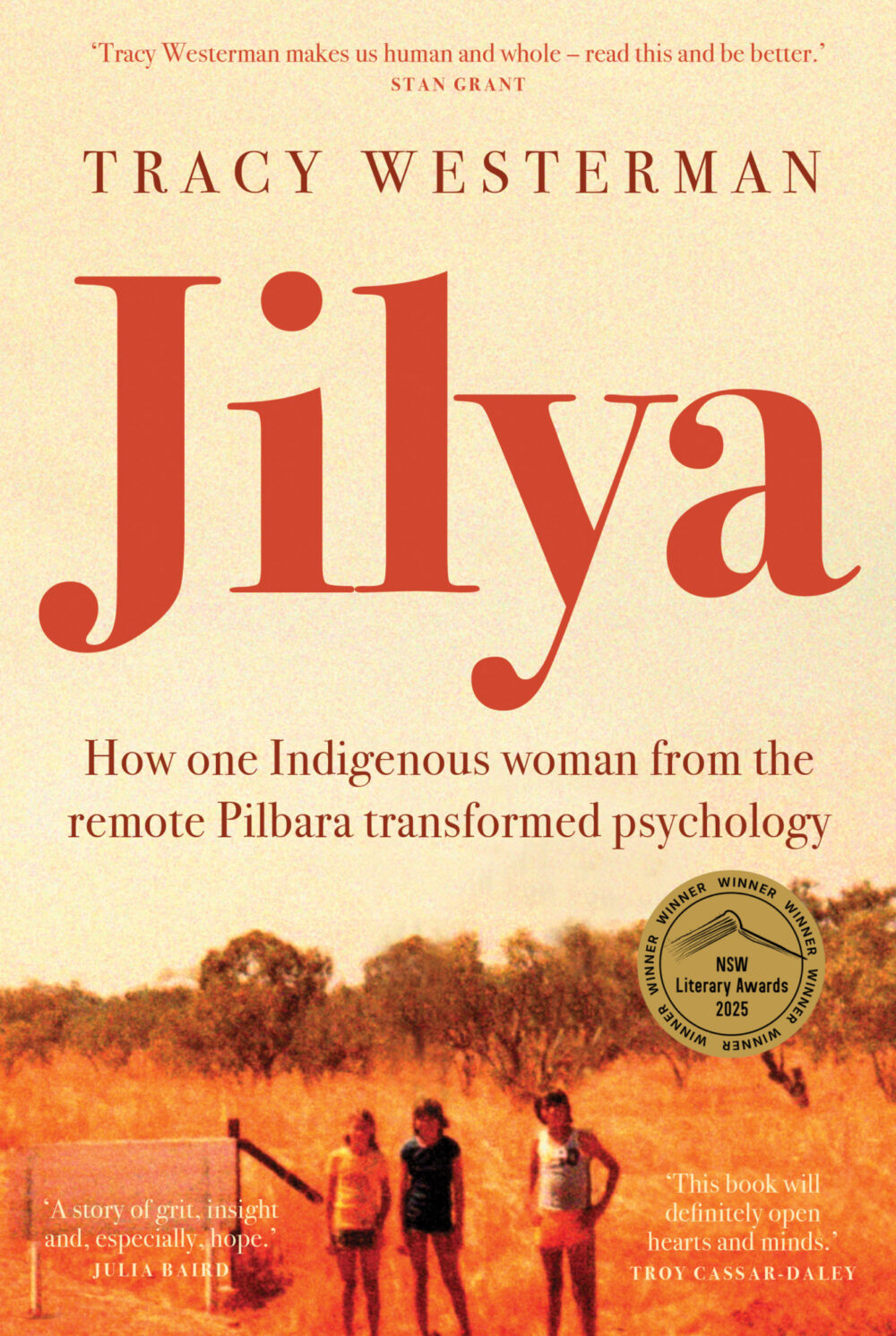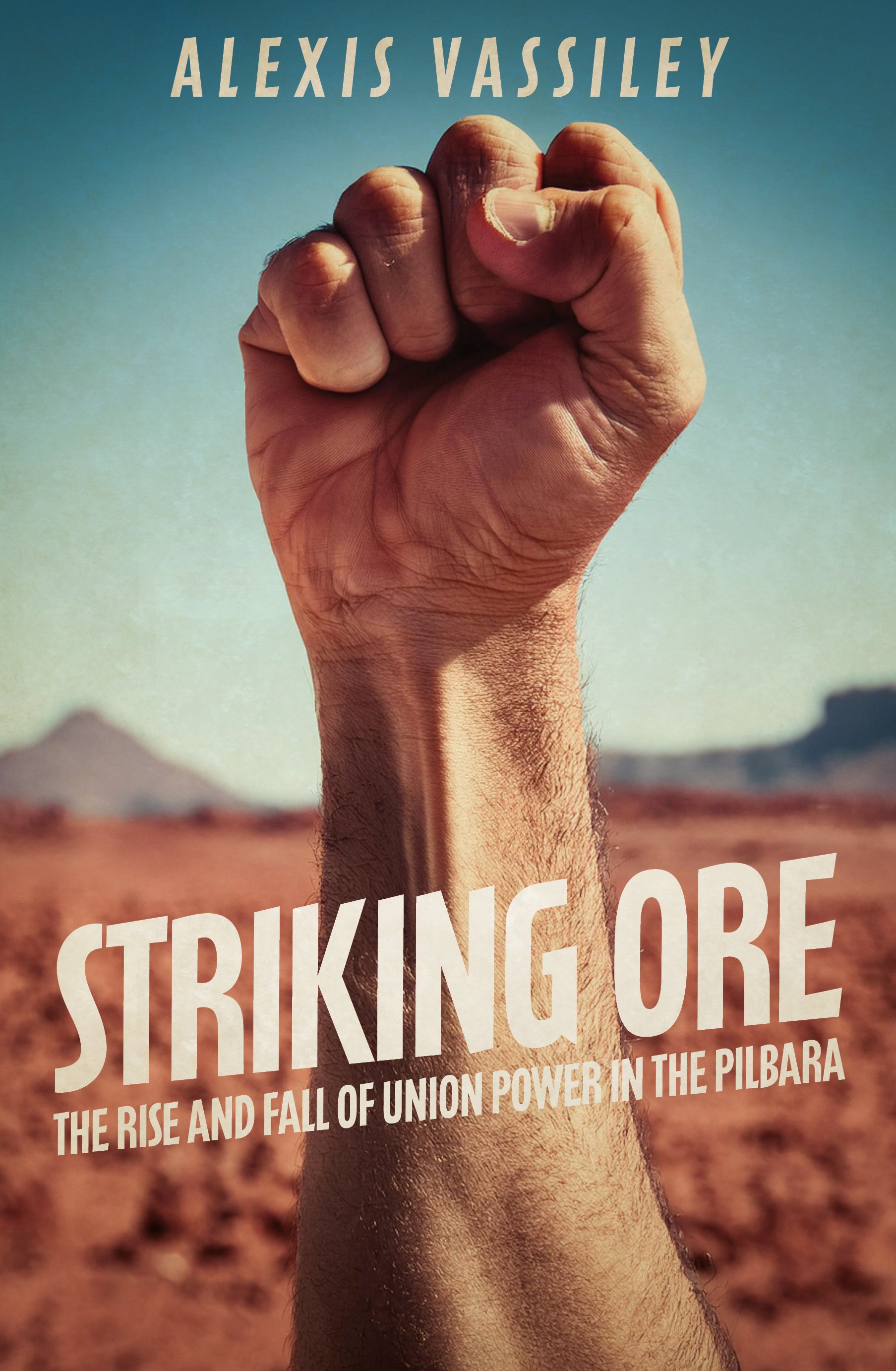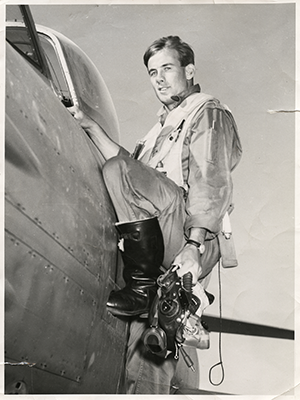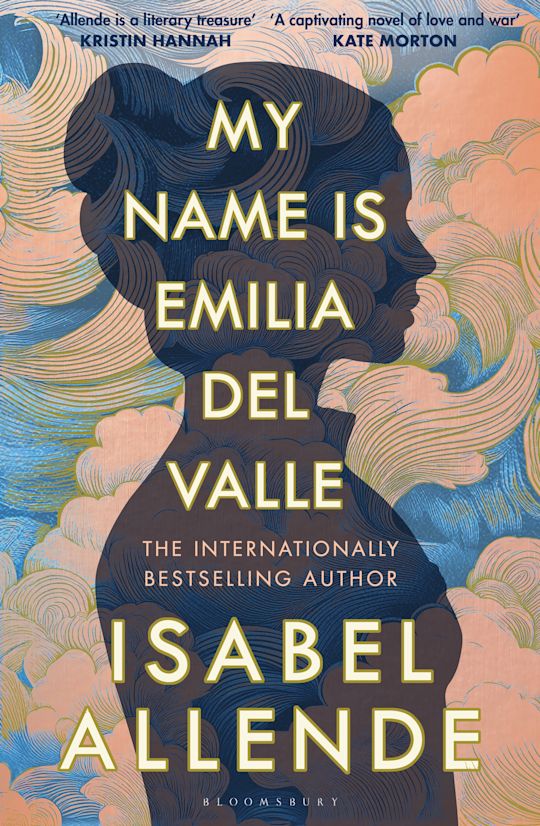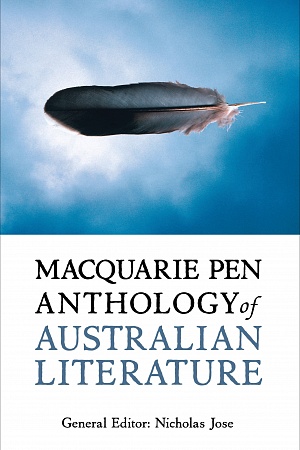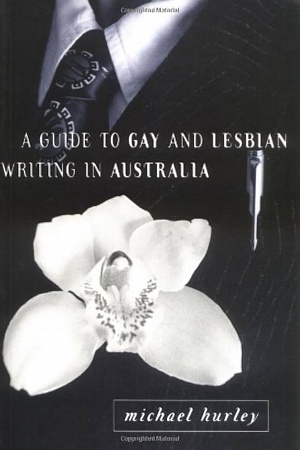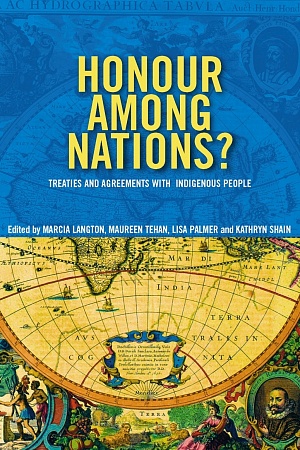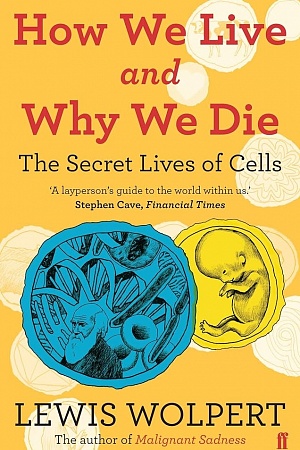Jilya: How one Indigenous woman from the remote Pilbara transformed psychology
University of Queensland Press, $34.99 pb, 384 pp
ABR receives a commission on items purchased through this link. All ABR reviews are fully independent.
Stop this!
‘There’s a crisis happening in Australia – and each year it worsens,’ writes Tracy Westerman. Aboriginal children face devastating disparities: they die at four times the rate of non-Aboriginal children and forty per cent of these deaths are suicides, in some cases of children as young as ten years old. Three per cent of the Australian population are Aboriginal people, yet forty-two per cent of suicides are Blak men. In the Northern Territory, ninety-two per cent of children in out-of-home care are Indigenous. Around ninety-two per cent of the territory’s prison population (including women and children) are Indigenous. Disturbingly, fifty per cent of NT prisoners are being held on remand, which means that they have been accused of a crime but not convicted of it. A staggering 597 Indigenous prisoners have died since the Royal Commission into Aboriginal Deaths in Custody of 1991. Not one correction or police officer has ever been charged with these deaths.
Continue reading for only $10 per month. Subscribe and gain full access to Australian Book Review. Already a subscriber? Sign in. If you need assistance, feel free to contact us.
Jilya: How one Indigenous woman from the remote Pilbara transformed psychology
by Tracy Westerman
University of Queensland Press, $34.99 pb, 384 pp
ABR receives a commission on items purchased through this link. All ABR reviews are fully independent.
